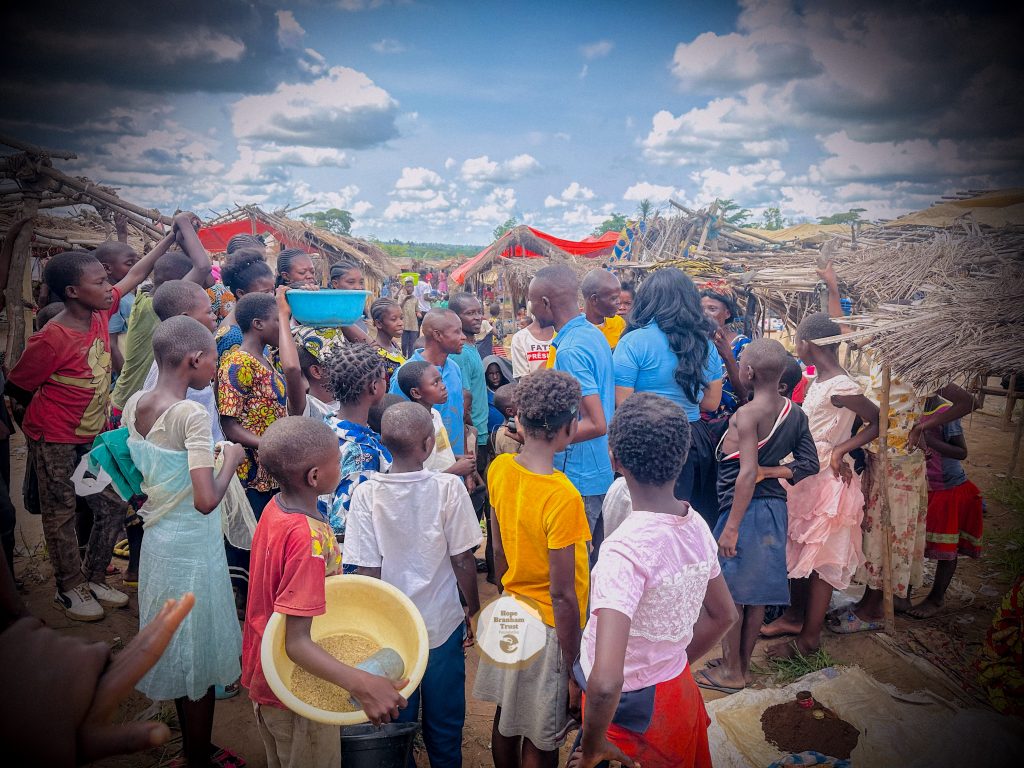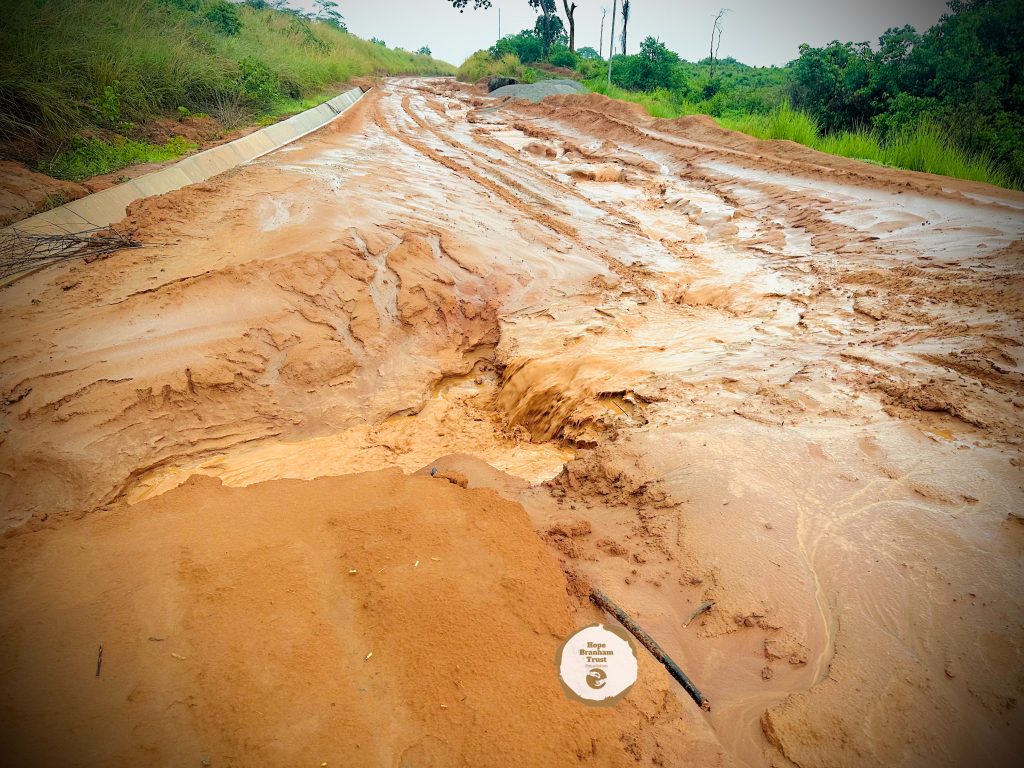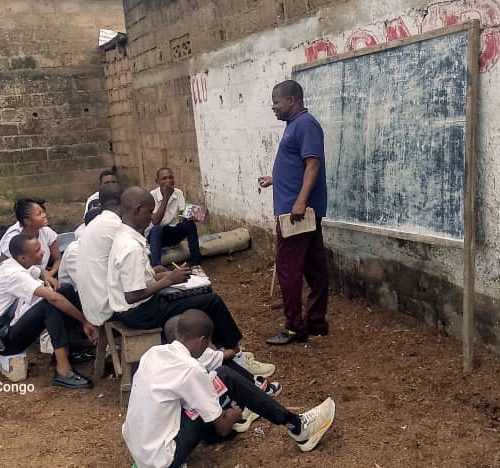Copyright © 2026 Hope Branham Trust Foundation. All Rights Reserved. Developed by WordCraft Tech.
Building Self-Sufficient Communities: Our Approach to Community Development
Introduction
In an ever-changing world, the importance of self-sufficient communities cannot be overstated. Self-sufficient communities are those that are able to meet their own needs through local resources, skills, and networks. By fostering resilience and sustainability, these communities can thrive even in the face of economic, social, and environmental challenges. This article delves into our approach to community development, highlighting the key strategies and initiatives that empower communities to become self-sufficient.
The Importance of Self-Sufficient Communities
Resilience and Sustainability
Self-sufficient communities are more resilient to external shocks, such as economic downturns, natural disasters, and social upheavals. By relying on local resources and skills, these communities can adapt more quickly and effectively to changing circumstances. Sustainability is at the heart of self-sufficiency, ensuring that communities can meet their needs without compromising the ability of future generations to meet theirs.
Economic Independence
Economic independence is a cornerstone of self-sufficient communities. By fostering local industries, businesses, and job opportunities, communities can reduce their reliance on external economic forces. This not only strengthens the local economy but also enhances the community's overall stability and prosperity.
Social Cohesion and Empowerment
Building self-sufficient communities fosters social cohesion and empowers individuals. By working together to achieve common goals, community members develop a strong sense of belonging and mutual support. This collective effort empowers individuals, giving them the confidence and skills needed to drive further development.
Our Approach to Community Development
Holistic Development
Our approach to community development is holistic, addressing multiple aspects of community life simultaneously. This includes economic development, healthcare, education, infrastructure, and social services. By taking a comprehensive approach, we ensure that all areas of community life are strengthened, creating a solid foundation for self-sufficiency.
Community Engagement and Participation
Engaging the community and encouraging active participation is central to our development strategy. We believe that the people who live in the community are best placed to identify their needs and priorities. By involving community members in decision-making processes and project implementation, we foster ownership and ensure that initiatives are relevant and effective.
Capacity Building
Building the capacity of individuals and organizations within the community is essential for long-term self-sufficiency. We provide training and resources to enhance skills, knowledge, and organizational capabilities. This includes vocational training, business development support, and leadership development programs.
Sustainable Practices
Sustainability is a guiding principle in our approach to community development. We promote sustainable practices in agriculture, energy, water management, and waste reduction. By encouraging the use of renewable resources and environmentally friendly techniques, we help communities reduce their ecological footprint and build a sustainable future.
Key Initiatives for Self-Sufficient Communities
Economic Development Programs
Our economic development programs focus on creating local job opportunities and fostering entrepreneurship. We support small businesses through microfinance, business training, and market access initiatives. By strengthening local economies, we help communities achieve economic independence.
Healthcare Access and Education
Access to quality healthcare and education is vital for self-sufficient communities. We work to improve healthcare services through the establishment of clinics, training of healthcare workers, and health education programs. In education, we focus on improving access to quality schooling, teacher training, and educational resources.
Agricultural Development
Agriculture is often the backbone of rural communities. We support sustainable agricultural practices, provide training in modern farming techniques, and promote crop diversification. By improving agricultural productivity and food security, we enhance the economic and nutritional well-being of communities.
Renewable Energy Projects
Access to affordable and reliable energy is crucial for community development. We implement renewable energy projects such as solar, wind, and biogas systems. These projects provide clean energy, reduce energy costs, and support local economic activities.
Infrastructure Development
Adequate infrastructure is essential for the functioning of self-sufficient communities. We focus on developing and improving infrastructure such as roads, water supply systems, sanitation facilities, and communication networks. Improved infrastructure enhances access to services, markets, and opportunities.
Community-Based Organizations
We support the formation and strengthening of community-based organizations (CBOs). These organizations play a crucial role in mobilizing resources, coordinating development activities, and representing community interests. By building strong CBOs, we ensure that communities have the capacity to manage and sustain development initiatives.
Success Stories: Transforming Communities
Village Empowerment in East Africa
In East Africa, our integrated development approach has transformed several villages. By combining agricultural training, microfinance, and renewable energy projects, we have helped communities achieve food security, economic stability, and improved living conditions. The success of these initiatives has inspired neighboring communities to adopt similar strategies.
Healthcare Improvements in South Asia
In remote areas of South Asia, our healthcare initiatives have significantly improved access to medical services. The establishment of community health clinics, coupled with health education programs, has reduced the prevalence of common diseases and improved overall health outcomes. Community health workers trained through our programs continue to provide essential services, ensuring sustainability.
Renewable Energy in Latin America
In rural Latin America, our renewable energy projects have brought electricity to communities previously without power. Solar and wind energy systems have powered homes, schools, and businesses, transforming daily life and economic activities. These projects have reduced reliance on expensive and polluting fossil fuels, contributing to environmental sustainability.
Conclusion
Building self-sufficient communities is a multifaceted endeavor that requires a holistic, inclusive, and sustainable approach. By focusing on economic development, healthcare, education, agriculture, renewable energy, and infrastructure, we empower communities to achieve independence and resilience. Our success stories from around the world demonstrate the transformative power of community-driven development. As we continue to refine and expand our efforts, we remain committed to lighting up lives and fostering a brighter future for all.



